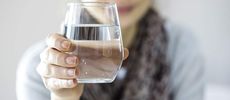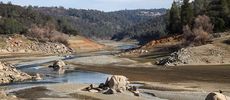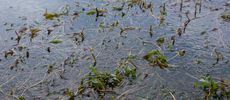Aquality App Addresses Water Contamination in Agriculture
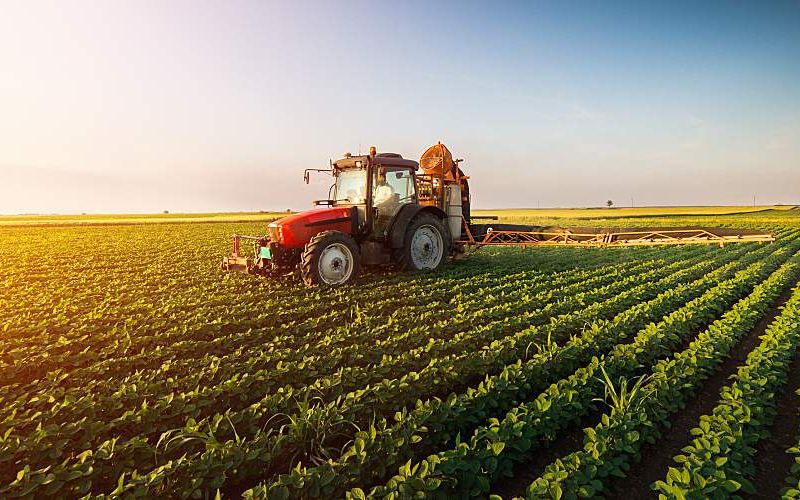
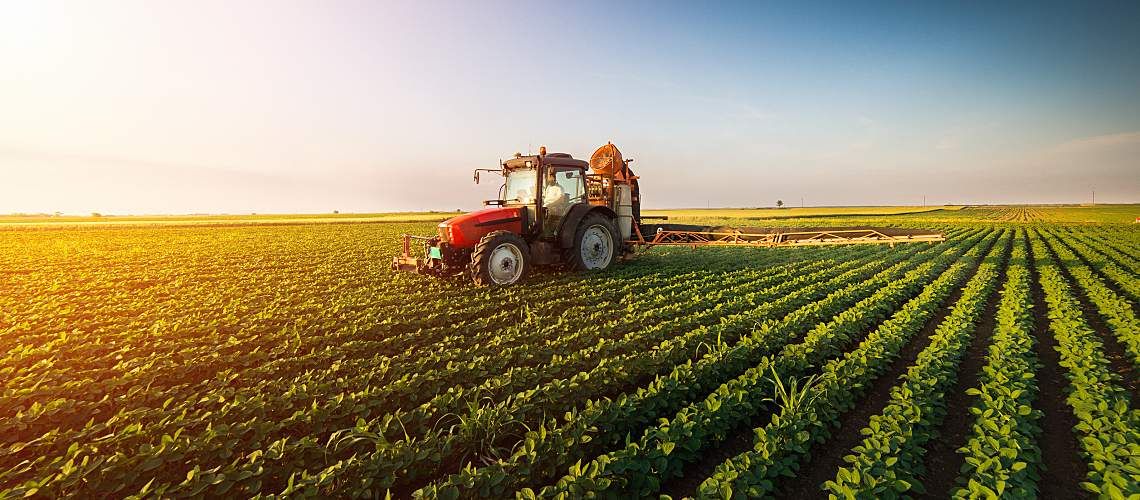
In the ever-pressing work to reduce water contamination, the Dutch nonprofit Deltares has partnered with IBM to offer a solution. The Aquality smartphone app lets users measure nitrate levels in water, putting data directly into the hands of farmers and water quality managers. Mitigation based on the results can help improve water quality, promote biodiversity, and increase the sustainability of farming practices.
Effective Farming Reduces Water Contamination, Saves Money
Good water quality is essential for the well-being of both people and the environment. But across the globe, 2 billion and 5.4 billion, respectively, lack managed water and sanitation services. The world is far behind targets to meet United Nations Sustainable Development Goal 6, which aims to ensure water access and sanitation for all.
Agricultural practices are responsible for 78% of water contamination, due to excess nutrients in the ocean and freshwater bodies. Farmers apply nutrients, pesticides, and other chemicals to crops, but these additives don't stay in place. Instead, these substances enter water sources in various ways, including through runoff from fields and irrigation systems.
Excessive fertilizer—and in particular nitrates in water sources—creates unhealthy conditions for both the ecosystems the additives reach and humans. At the same time, farmers pay the price, as these runoff chemicals don't contribute to the growth and health of crops or animals.
Excessive nitrate encourages algal growth, which decreases the oxygen in water that fish and other organisms need to live. In freshwater, toxic blue-green algae, also known as cyanobacteria, may cause the death of aquatic organisms, disturb food webs, and cause skin irritation, nausea, and headaches in recreational water users, according to Deltares. In coastal waters, other phytoplankton, such as red and brown algae, also cause damaging effects. For example, the toxins accumulate in shellfish and can cause severe poisoning up the food chain, including in humans.
The most effective way to prevent toxic algal blooms is to reduce the nutrient load at the source instead of treating the symptoms, according to Miguel Dionisio Pires, an expert on water quality and algal blooms at Deltares. Decreasing the load makes economic sense too—farmers don't want to use any more fertilizer than necessary, especially if it's going to waste. But they must be able to track the amount they need and apply the optimal quantity.
Smartphone App Makes Nitrate Measurement Simple
In 2017, Deltares introduced the free Nitrate App—now the Aquality App—which made it possible for farmers and agricultural community members to measure nitrate levels in water quickly, easily, and inexpensively. In addition, consultants, water authorities, and students use the Aquality App as a research, communication, and education tool.
To measure nitrate levels, users take a water sample with a test strip, then scan, analyze, and display the results. They can then share the data if desired. The app lets users test both surface and groundwater, isolate nitrate sources and hotspots, and evaluate the effectiveness of mitigation.
Human-Centered Design Helps Improve Water Quality
The partnership with IBM gave Deltares the benefit of IBM's Enterprise Design Thinking framework. By talking with app users, the team was able to redesign the app to bring more value to farmers, agricultural consultants, water authorities, and researchers. Enhancements to make the app more usable, accessible, and functional included instructions on how to take measurements—a major help when testing for the first time.
The team plans to add capabilities that let users measure nitrate in soil and phosphate and ammonium in water, set reusable location labels, and share measurements to enable collaboration. The group is also experimenting with artificial intelligence to provide farmers with additional feedback and recommendations.
The current Aquality app user community includes more than 600 active members and thousands of direct beneficiaries from the monitoring and management efforts, particularly in the Netherlands. By piloting the app in Denmark, France, South Africa, and the U.S., Deltares can increase awareness and address a greater range of needs.
For test labs, the Aquality app offers a new tool to address the critical water quality issues that agricultural producers face and support a healthier environment for humans and aquatic species.
